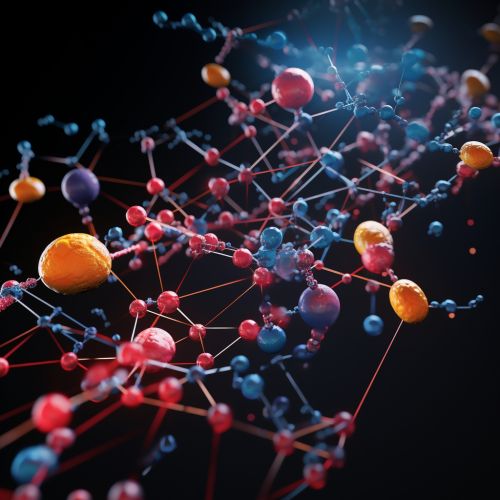Quantum Computing and Future Applications
Introduction
Quantum computing is a burgeoning field of study that leverages the principles of quantum mechanics to process information. Unlike classical computers, which use bits to process information, quantum computers make use of quantum bits, or qubits. This fundamental difference allows quantum computers to solve complex problems much more efficiently than their classical counterparts.


Quantum Mechanics and Quantum Computing
Quantum mechanics is a branch of physics that deals with phenomena on a microscopic scale, such as atoms and subatomic particles. It is characterized by principles like superposition and entanglement, which are key to understanding quantum computing.
Superposition
In quantum mechanics, superposition refers to the ability of a quantum system to exist in multiple states at once. This is a stark contrast to classical systems, which can only exist in one state at a time. In the context of quantum computing, a qubit can exist in a superposition of both 0 and 1 states, as opposed to classical bits that can only be 0 or 1. This allows quantum computers to process a vast number of possibilities simultaneously, greatly increasing their computational power.
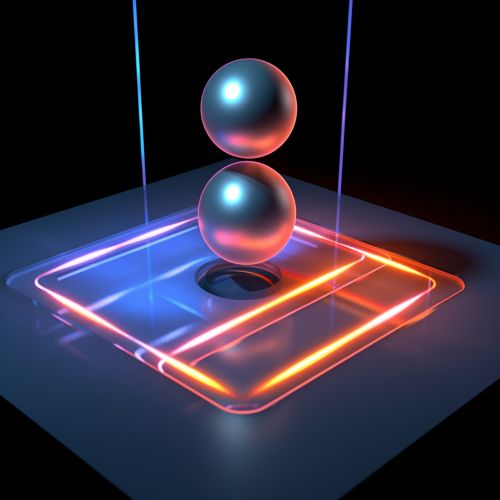

Entanglement
Another key principle of quantum mechanics is entanglement, which refers to the phenomenon where two or more particles become linked and the state of one directly influences the state of the other, regardless of the distance between them. In quantum computing, entangled qubits can be used to create a sort of shortcut, allowing for faster processing of information.


Quantum Computers
A quantum computer is a device that uses the principles of quantum mechanics to perform computations. These computers use qubits as their basic unit of information, which allows them to perform complex calculations much more efficiently than classical computers.
Qubits
A qubit is the fundamental unit of quantum information. It is a two-state quantum-mechanical system, analogous to the binary system used by classical computers. However, unlike classical bits, qubits can exist in a superposition of states, allowing them to hold more information and perform more complex calculations.


Quantum Gates
Quantum gates are the basic building blocks of quantum circuits. They operate on a small number of qubits, changing their quantum state in a way that is analogous to how classical gates operate on bits. However, unlike classical gates, quantum gates can perform operations that take advantage of superposition and entanglement, making them much more powerful.
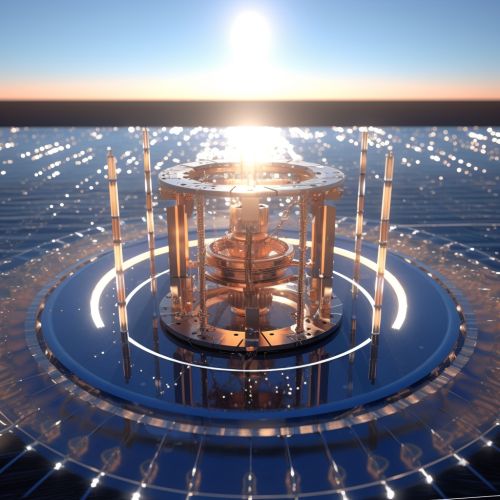
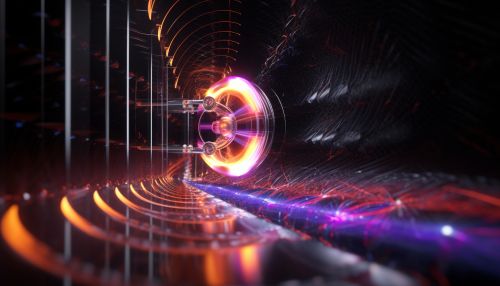
Future Applications of Quantum Computing
Quantum computing holds great promise for a number of fields, including cryptography, optimization, and drug discovery.
Cryptography
Quantum computing has the potential to revolutionize the field of cryptography. Quantum algorithms, such as Shor's algorithm, can factor large numbers exponentially faster than the best known classical algorithms, which could render many current cryptographic systems insecure. On the other hand, quantum cryptography could provide new ways to secure information, making it virtually impossible to intercept or tamper with.
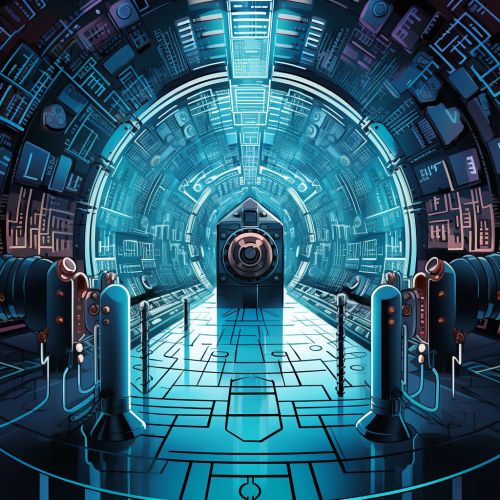

Optimization
Quantum computers could also be used to solve complex optimization problems more efficiently than classical computers. These problems, which involve finding the best solution from a set of possible solutions, are common in fields like logistics, finance, and machine learning.
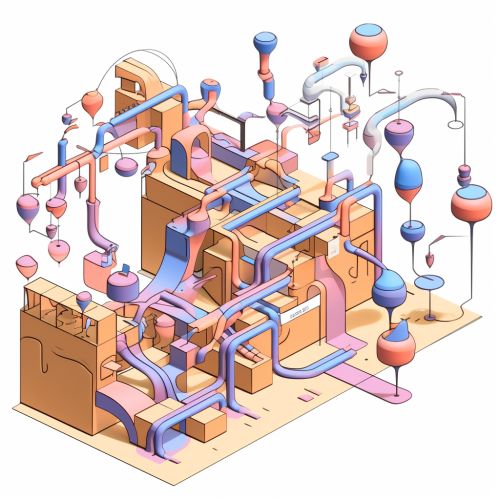

Drug Discovery
In the field of drug discovery, quantum computers could be used to model complex molecular interactions at an unprecedented level of detail. This could accelerate the process of discovering new drugs and understanding how they interact with the human body.
